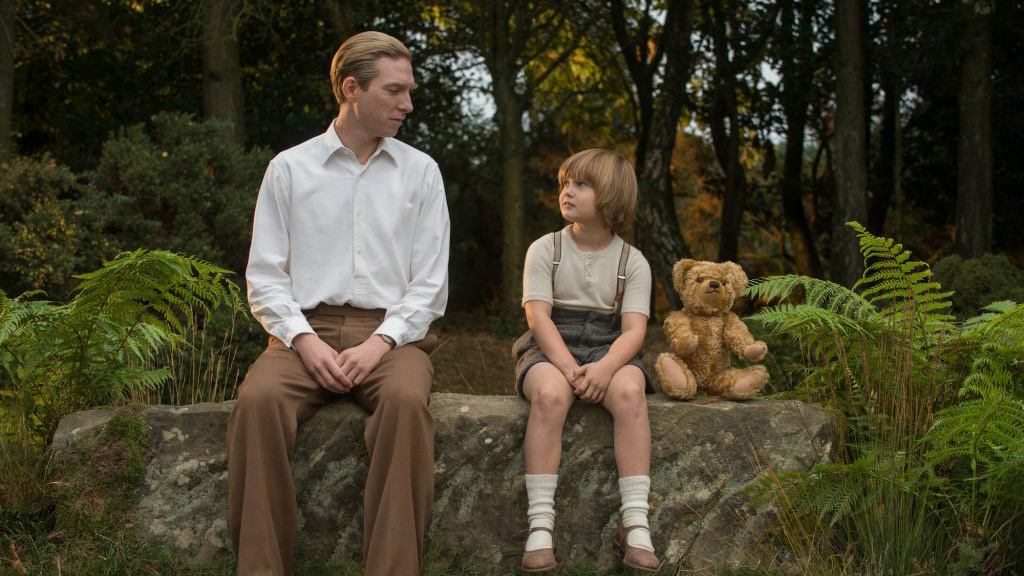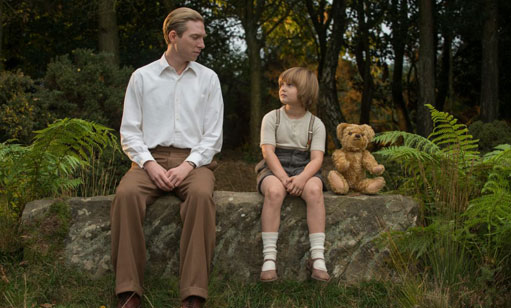Film Review: Goodbye Christopher Robin
Literary Biopic Explores Bonds And Barriers Between Fathers And Sons


son?"
Latest Article|September 3, 2020|Free
::Making Grown Men Cry Since 1992


son?"